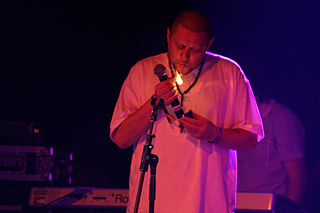A Quote by Honore de Balzac
If we all said to people's faces what we say behind one another's backs, society would be impossible.
Related Quotes
So my antagonist said, "Is it impossible that there are flying saucers? Can you prove that it's impossible?" "No," I said, "I can't prove it's impossible. It's just very unlikely." At that he said, "You are very unscientific. If you can't prove it impossible then how can you say that it's unlikely?" But that is the way that is scientific. It is scientific only to say what is more likely and what less likely, and not to be proving all the time the possible and impossible.
One of the greatest sources of problems in our society arises from people having loads of wrong theories in their heads - often theories that are critical of others - that they won't test by speaking to the relevant people about them. Instead, they talk behind people's backs, which leads to pervasive misinformation.
Never say anything about a person you wouldn't say to them directly, and don't try people without accusing them to their face. Badmouthing people behind their backs shows a serious lack of integrity and is counterproductive. It doesn't yield any beneficial change, and it subverts both the people you are badmouthing and the environment as a whole.
They who have drunk beer, fall on their back, but there is a peculiarity in the effects of the drink made from barley, for they that get drunk on other intoxicating liquors fall on all parts of their body, they fall on the left side, on the right side, on their faces, and and on their backs. But it is only those who get drunk on beer that fall on their backs with their faces upward.
There is no such thing as originality. It has all been said before, suffered before. If a person knows that, is it any wonder love becomes mechanical and death just a scene to be shunned? There is no absolute knowledge to be gained from either. Just another ride on the merry-go-round, another blurred scene of faces smiling and faces grieved.
The classics of Marxism talked of communism as a society to which a modern society should aspire, a society truly fair, where the relations of monetary exchange were not the priority but one wher the people's needs could be satisfied, and where people would not be worth more according to how much monetary wealth they acquired. Instead their value would be based on their contribution to society as a whole. It would be a society without class that would accept people based on their capabilities and their potential to contribute to that society.





































